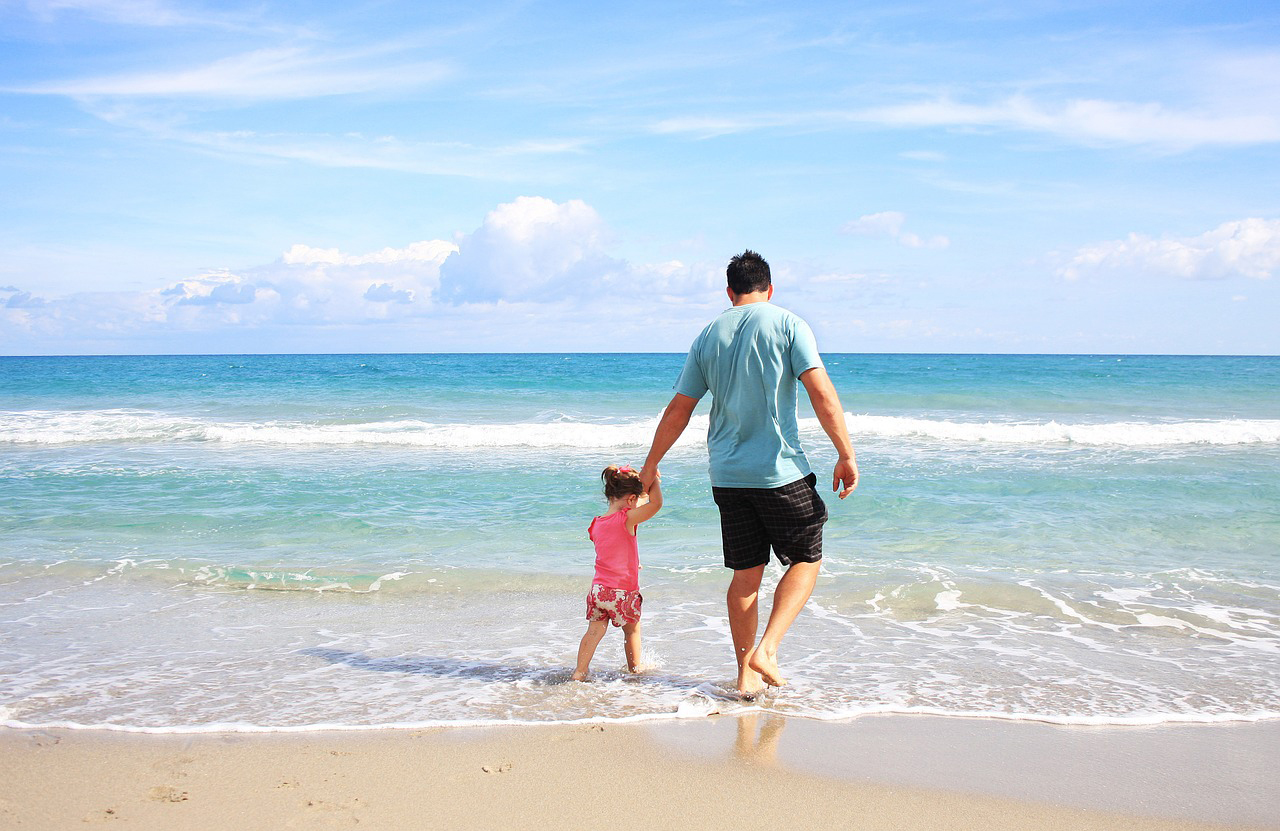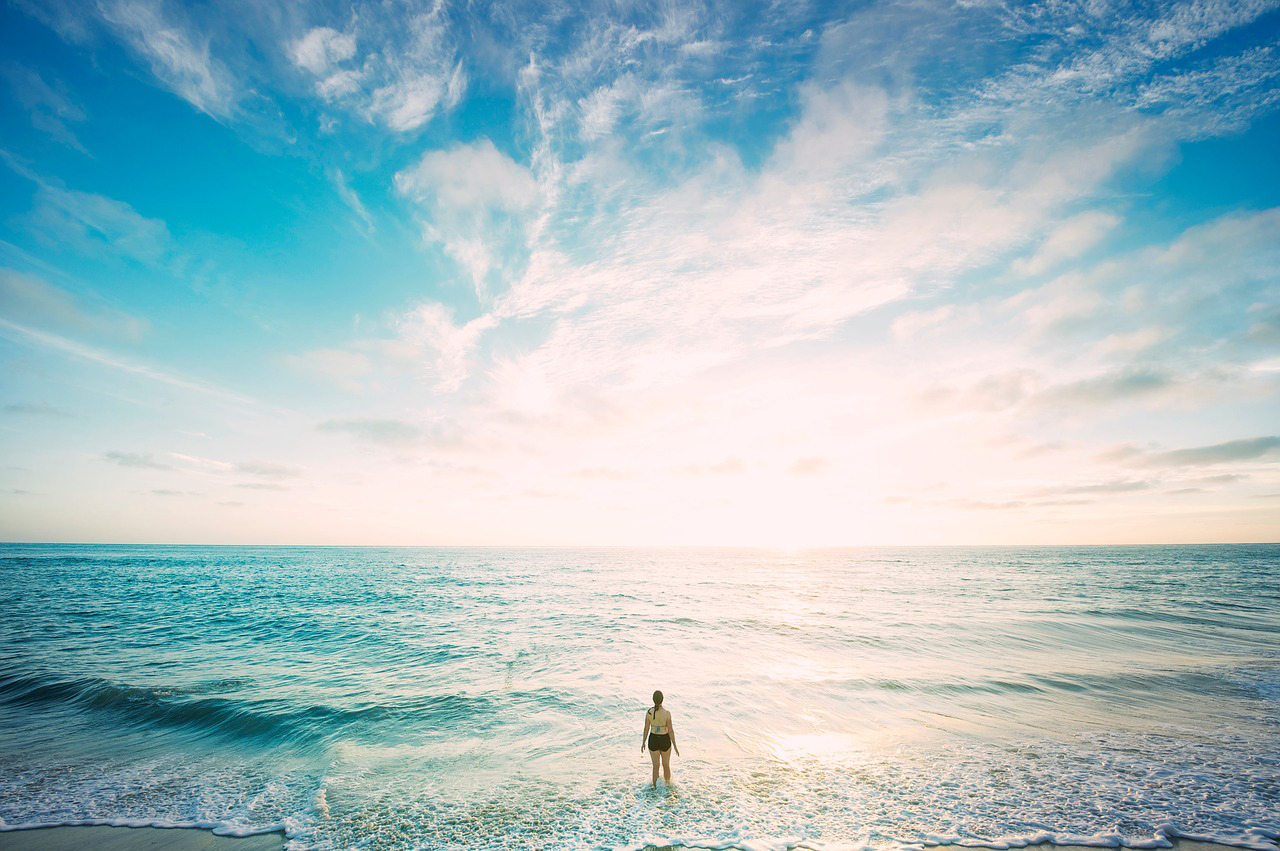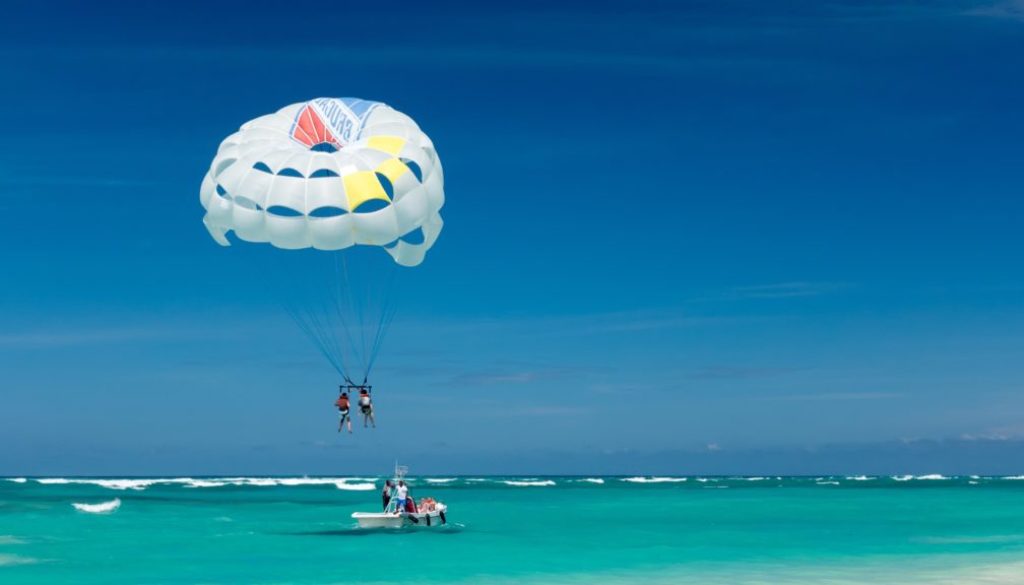Really Big Fish, Richard Dreyfuss and the Truth About Water Safety
“I think we’re gonna need a bigger boat.”
That iconic line from the 1970’s film, Jaws, struck fear into the hearts of beach goers and swimming enthusiasts the world over! The movie’s tagline, “you’ll never go in the water again,” genuinely scared moviegoers into avoiding the water in fear of being eaten by over sized fish!
Realistically, attacks from angry, man-eating sharks were the least of their worries. The actual statistics regarding shark-related fatalities are minuscule compared to the number of people who are injured or killed every year in water-related accidents.
It isn’t Jaws we need to be scared of, but our own lack of preparation and water safe knowledge (and in my case, taking off my shirt in public after a winter of not working out once!).
With this in mind, here is some water-safe information that will help you stay safe this summer as you head out on the water!

Keep Your Children Water-Safe
Children need to be supervised constantly around water. Whether they are wading in a pool, beach, or lake, it’s important to always be within reach.
Young children can drown in less than 2 inches of water, which is the reason they need to be supervised at all times, regardless the depth of water.
Supervisors of children should be proficient swimmers and have knowledge of First Aid.
It is also recommended that any child over the age of 4, learn how to swim. In fact, children over the age of 1 will benefit from taking swimming lessons from qualified instructors.
Make sure to buy proper-fitting flotation devices and have your children wear them when near or in the water. Check the weight and size recommendations on the label and have your children try it on before heading to the water.
Sunscreen is a must. Make sure that your children are wearing a high SPF (40 to 50) and waterproof sunscreen. As they are most likely getting in and out of the water, ensure that they are re-applying often.
Stay Current on Currents
Rip currents are very dangerous and are responsible for many deaths every year. The best way to stay safe at the beach is to only swim in the ocean if there is a designated lifeguard present. Rip currents can form in any large open water area, such as low spots and breaks in sandbars.
Below are some rip current safety tips you can follow, provided by the Red Cross:
- If you are caught in a rip current, stay calm and don’t fight the current.
- Swim parallel to the shore until you are out of the current. Once you are free, turn and swim toward shore.
- If you can’t swim to the shore, float or tread water until you are free of the rip current and then head toward shore.
- If you feel you can’t make it to the shore, draw attention to yourself by waving and calling for help.
- Stay at least 100 feet away from piers and jetties. Permanent rip currents often exist near these structures.
- If someone is in trouble in the water, get help from a lifeguard. If a lifeguard is not available, have someone call 9-1-1.Throw the victim something that floats – a lifejacket, cooler, inflatable ball and yell instructions on how to escape the current.
- When at the beach, check conditions before entering the water. Check to see if any warning flags are up or ask a lifeguard about water conditions, beach conditions, or any potential hazards.
Drinking and Swimming
There is one main rule when it comes to drinking and swimming. Don’t. Quite simply, water and alcohol do not mix (in the ocean or in your wine spritzer). Here’s why:
- Alcohol in your system can lure you into a false sense of security when swimming
- Your senses will become impaired, which can lead to risk-taking behaviour in the water
- You may experience disorientation and confusion, as alcohol reduces the rate at which your brain can process information
- Your sense of distance and direction will be altered, leaving you vulnerable to changing currents when river or sea swimming
- The alcohol in your bloodstream will cause your body temperature to drop, which could result in hypothermia if you become stranded
Have Fun and Be Safe!
So the next time you head out on the water, remember, you don’t need a bigger boat– you need more sunscreen and water-safe knowledge! Don’t let Richard Dreyfuss scare you! However, I did love him in Close Encounters of the Third Kind.

Sources:
http://www.rehab-treatment.co.uk/news/alcohol-dangers-drinking-swimming-mix/



